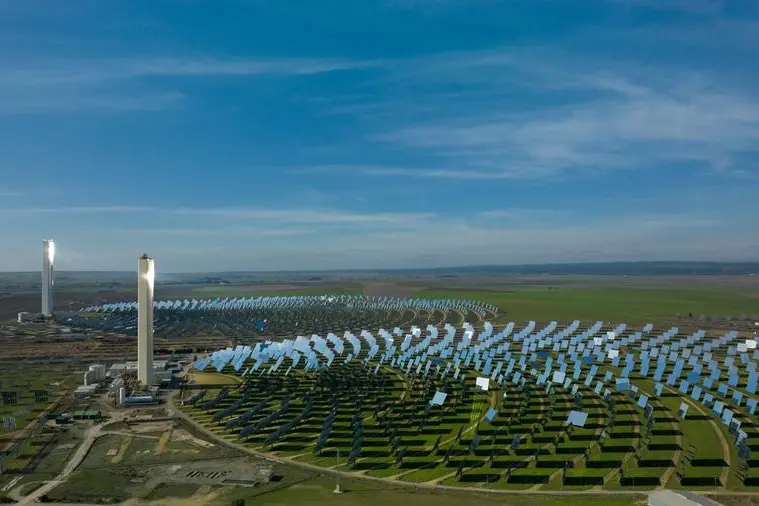PHOTO
Investment in cleaner energy is on the verge of overtaking spending on fossil fuels for the first time ever after exceeding $1 trillion last year, a report on Tuesday said.
Despite the milestone, spending on energy transition technology must immediately triple to meet the target of net-zero emissions by 2050 to combat climate change, according to research group BloombergNEF.
Investment in sectors such as renewables, nuclear, zero-emission vehicles or recycling projects totalled $1.1 trillion last year, matching spending on fossil fuels, the report found.
This is up 31 percent on the previous year, and marks the first time the investment total has been measured in trillions.
The increase was driven by the energy crisis that followed Russia's invasion of Ukraine, the report said.
"Investment in clean energy technologies is on the brink of overtaking fossil fuel investments, and won't look back," said Albert Cheung, head of global analysis at BloombergNEF.
China -- the world's biggest polluter -- was by far the largest investor in energy transition, with the United States a distant second.
Nearly half of the total global investment was in China, particularly in steel recycling and the renewable energy and electric vehicles sectors.
Germany has retained its place in third position, largely due to a sizable EV market.
But a drop in offshore wind deals saw investment in Britain fall by nearly a fifth, the report found.
Globally, renewable energy was the biggest sector for investment at $495 billion, followed by electrified transport projects.
With the exception of nuclear power, the researchers said all other sectors saw record levels of investment.
The growth in energy transition technology also comes as many countries saw an increase in fossil fuel investment in a bid to shore up energy security.
The war in Ukraine caused disruption to the global power supply as Russia, a major producer of fossil fuels, cut gas supplies to Europe Union countries and was hit by sweeping sanctions over the invasion.





















